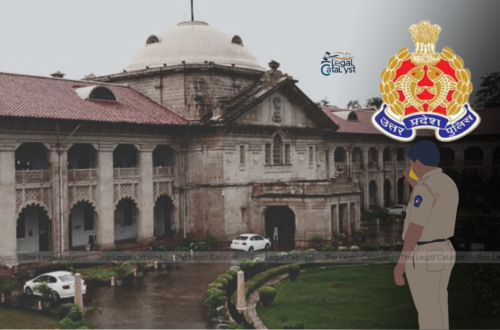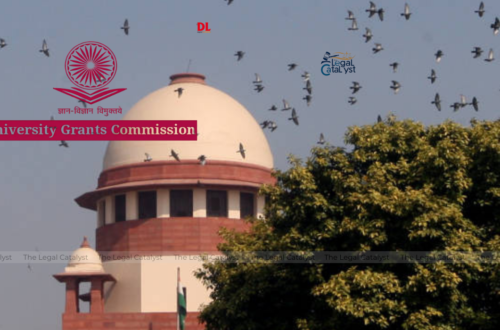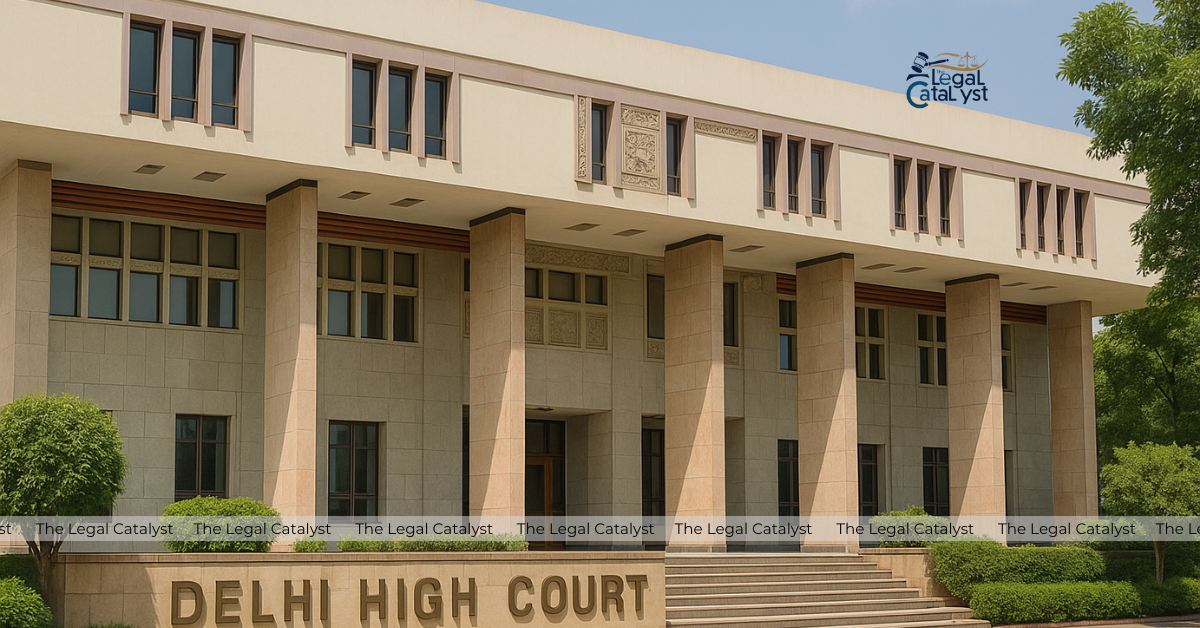New Delhi – The Supreme Court on Tuesday dismissed a petition challenging two central government notifications that declared ISIS and related ideological expressions as terrorist organisations under the Unlawful Activities (Prevention) Act, 1967 (UAPA) [Saquib Abdul Hamid Nachan vs. Union of India].
A Bench of Justices Surya Kant and Joymalya Bagchi held that the petitioner’s personal grievances must be raised before appropriate criminal courts. These grievances pertain to the alleged wrongful arrests of himself and his son over purported ISIS links. They should not be addressed through a blanket constitutional challenge to the notifications.
The impugned notifications, issued in February 2015 and June 2018 under Section 35 of the UAPA, classify the Islamic State and related entities as terrorist organisations.
Senior Advocate Mukta Gupta appeared as amicus curiae. She argued that the petitioner’s fundamental rights under Article 25 were violated. This violation was due to the government’s interpretation of religious terms like “caliphate” and “jihad”, which were allegedly equated with terrorism.
The petitioner contended that the declarations lacked proper procedure. Additionally, they argued that the government’s interpretation of certain Islamic concepts was flawed and harmful.
However, the Bench was not convinced. “When the notification uses the word ‘caliphate’, it is in relation to terrorist activity. It must be read in that context.” Justice Joymalya Bagchi rejected the plea that the religious connotation of these terms was misrepresented.
Gupta further highlighted that “unlawful associations” under the UAPA are subject to tribunal review. However, no such mechanism exists for designating terrorist organisations under Section 35. She also informed the Court that the petitioner was arrested after filing the writ petition. She added that his son had previously been detained by the National Investigation Agency (NIA).
Justice Surya Kant responded by clarifying that such issues must be addressed through appropriate criminal forums. He stated that the Court was not inclined to adjudicate individual grievances through a constitutional challenge to statutory notifications.
“It seems to us that the petitioner and his son should seek remedy by approaching the appropriate forum. They should do this instead of a challenge to the impugned notifications,” the Court observed. This was stated while disposing of the petition.
The Bench also recorded its appreciation for the assistance rendered by the amicus curiae.
Connect with us on Instagram – X – LinkedIn for daily updates, quizzes, and other materials
Visit- The Legal Catalyst






